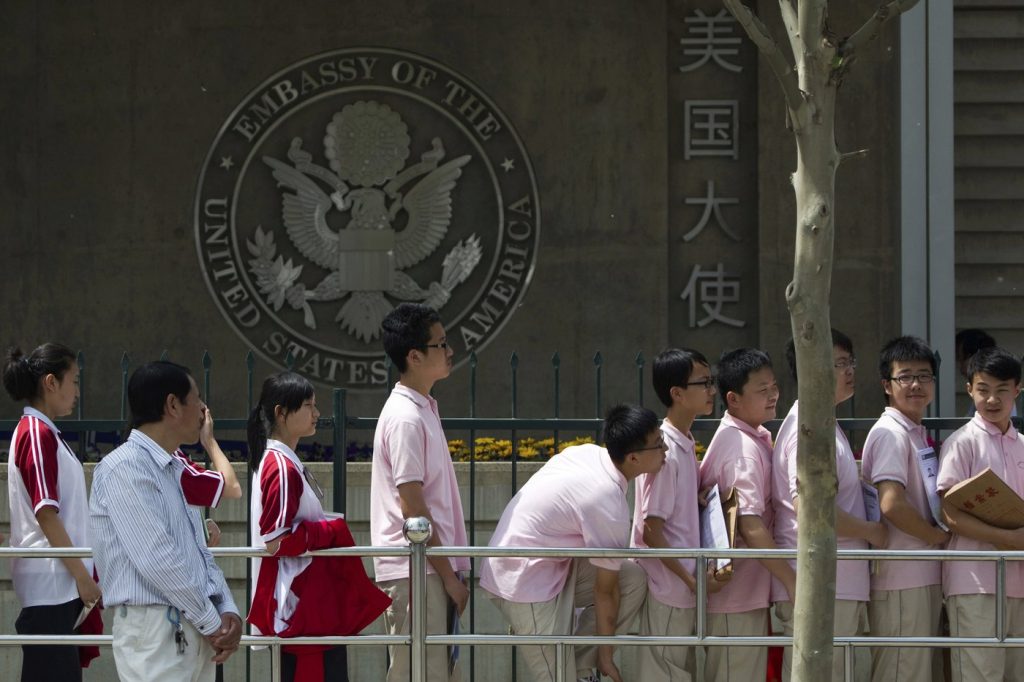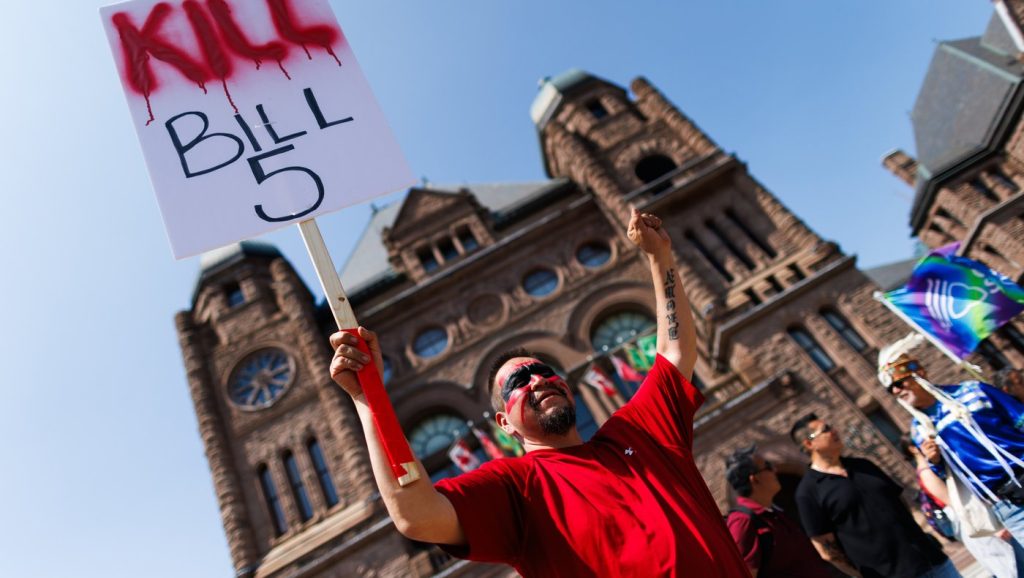The U.S. State Department announced on Wednesday that it is resuming the processing of student visas for foreign applicants that had been suspended. However, a significant condition has been introduced: all applicants are now required to make their social media accounts public for government review. This directive is part of a broader effort to identify any posts or messages that may convey hostility toward the United States, its government, or its foundational principles.
In the notice made public, the State Department stated that it had reversed a suspension on processing student visa applications that had been imposed in May. It also highlighted that any new applicants who choose not to comply with the requirement to make their social media accounts public may face rejection. The department indicated that a refusal to comply could signal an attempt to hide their online activities or evade the vetting process.
This enhanced scrutiny of social media comes after the Trump administration temporarily halted the scheduling of visa interviews for foreign students while preparing to expand the examination of their online activities. Students worldwide have been anxiously awaiting the reopening of U.S. consulates for visa appointments, especially as the start of the academic year approaches, which complicates travel and accommodation arrangements.
Many international students have taken to social media to share updates on their visa application statuses and to discuss the ongoing changes. One specific case highlighted a 27-year-old Ph.D. student from China studying in Toronto who managed to secure a visa interview for the following week. He expressed relief at his success, having repeatedly checked the visa booking website. This reflects the urgency and stress many students feel as they navigate the evolving visa process.
In its latest directive, the State Department has instructed consulates to prioritize student applicants who plan to attend colleges where international students represent less than 15% of the student population. This strategic focus seeks to balance the enrollment of foreign students, as data indicates that many prestigious U.S. universities, including Ivy League schools, surpass this percentage. Specifically, about 200 U.S. institutions have a significant foreign student body, with private universities taking the lead.
Moreover, international students in the U.S. have faced various challenges and increased scrutiny. Earlier this spring, the Trump administration revoked the study permits for thousands of students, later reversing this decision. Regulatory changes have also expanded the grounds for the termination of their legal status, further complicating the academic journeys of many foreign students.
Additionally, there have been efforts to target specific institutions such as Harvard University, with discussions around capping foreign enrollment at 15%. This measure is indicative of a larger trend of ideological vetting that has roots in Cold War-era policies, drawing criticism for potentially stifling legitimate political discourse and freedoms.
The new policy requiring social media scrutiny has drawn criticism from civil rights advocates. Jameel Jaffer, executive director of the Knight First Amendment Institute at Columbia University, likened it to historical practices of ideological vetting, suggesting it will have a chilling effect on free speech for individuals both within and outside the United States.
In a separate but related initiative, the Trump administration has insisted that 36 countries undertake measures to enhance traveler vetting, warning that failure to comply may result in a travel ban affecting their citizens. Such diplomatic engagements indicate a rigorous stance on immigration policies under the current administration.
Overall, these shifts in visa processing and social media monitoring underscore the complexities foreign students face as they seek to study in the United States amidst an evolving political and regulatory landscape.












